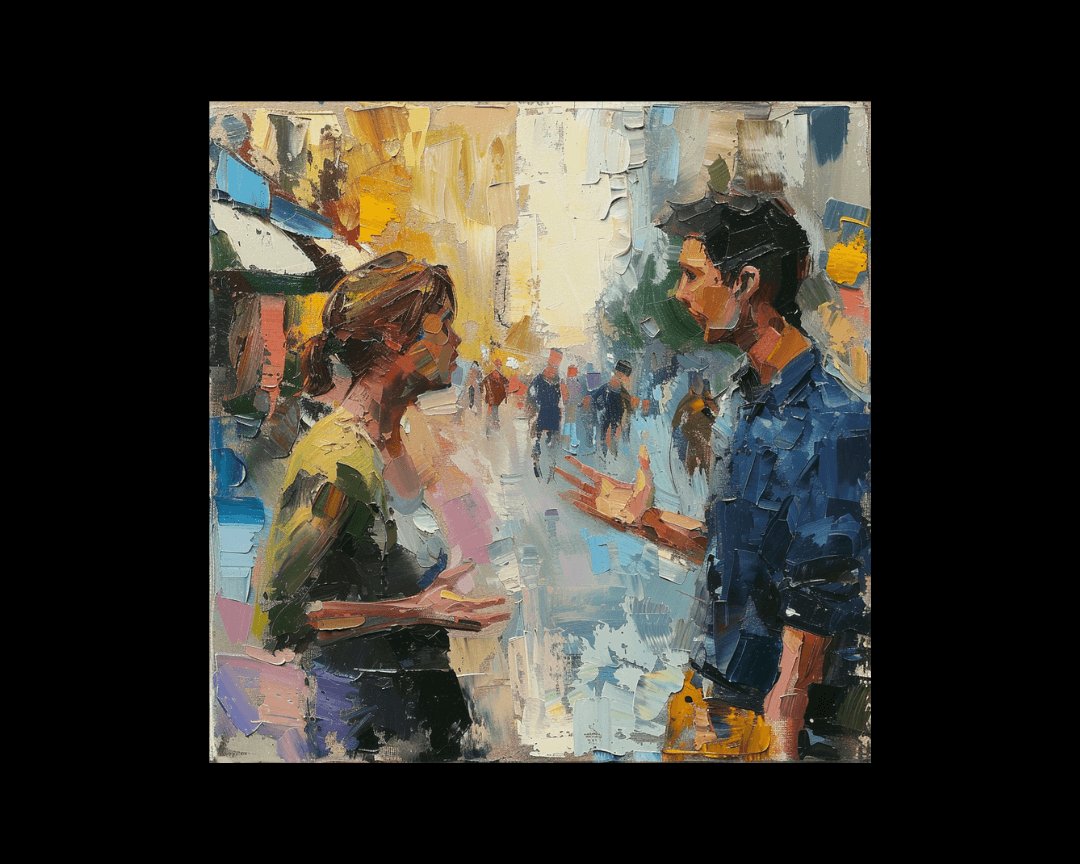What Goes into Writing Static Character Arcs?
The protagonist's journey often takes center stage. We watch, transfixed, as they navigate the twists and turns of the plot, their inner landscape...
.png)
The concept of "character agency" in fiction revolves around a character's ability to take action and influence the events within a story. It plays a significant role in determining whether a story is engaging and effective.
Rejection letters from literary agents often cite the "lack of agency" in the main character as a reason for passing on a manuscript. Therefore, understanding and incorporating character agency is crucial for aspiring writers seeking publication.
Where does character agency often go missing? In today's literary landscape, discussions about power dynamics and the abuse of power are prevalent. The characters' capacity to make choices, shape events, and drive outcomes has become a central theme in storytelling. For example, in the #MeToo era, when women constitute a substantial portion of the reading audience, the issue of female agency is particularly relevant.
In genres like historical fiction and fantasy, characters of all genders often find themselves at the mercy of overwhelming political or magical forces. However, female characters, in particular, are sometimes portrayed as passive, with events happening to them rather than through their actions. This is also noticeable in psychological suspense and crime fiction, where female characters often experience events as victims.
In these situations, characters are disempowered due to various factors, such as self-sacrifice, naivety, addiction, or memory loss. They may be portrayed as "The Girl Who" observes or narrates events without actively participating.
In certain genres like crime and suspense fiction, a lack of agency in the main character may be necessary for the mechanics of a suspenseful plot. These characters often serve as the reader's "avatar," and their lack of agency is balanced by the strong narrative drive of solving a mystery or crime. The fusion of historical fiction with the whodunnit genre is a successful example of this balance.
Up Lit often features main characters who begin the story in a passive and helpless state. These characters typically require a team or support system to become active participants in their lives. To counteract the lack of character agency, authors infuse these characters with idiosyncratic habits and eccentric tendencies, allowing them to affect their small worlds, even on a miniature scale.
Character agency refers to a character's power or means to change their circumstances or influence events in their favor. However, not all stories require or allow for character agency to be the driving force. Some stories, including tragedies and comedies, may not give character agency a leading role.
Character agency is not solely about a character "wanting something," although knowing what the main character wants from the beginning can make storytelling easier. Wanting something can be a powerful motivator for both the character and the reader. Even characters who want something may lack agency, as seen in characters like Elizabeth Bennet or Bridget Jones.
Character agency often begins with what the character wants. The story is divided into two parts: what the character wants (first half) and what the character needs (second half). The character's journey involves transitioning from pursuing what they want to realizing what they need, often in a new or transformed world.
Deprivation and successive wants are common drivers of character agency. The character's desires align with Maslow's Hierarchy of Needs, reflecting fundamental human needs. These needs drive the character's actions and decisions throughout the story, propelling the narrative forward.
World-mastery on a small scale: When characters lack agency in the broader world, they can still exhibit agency by mastering their immediate environment. This mastery allows them to affect their small world, even if they cannot control larger external forces. Characters with this kind of agency can use their knowledge, skills, and command of their surroundings to navigate challenges and overcome obstacles.
Another approach to character agency is introducing characters in dire situations or dilemmas that force them into action. This creates immediate tension and conflict, propelling the story forward as characters strive to resolve their predicaments.
While character agency is essential, writers should avoid melodrama and ensure that characters earn readers' sympathy and understanding. Character-driven storytelling involves gradually revealing a character's desires, likability, and challenges.
Character agency is a vital element in fiction that can drive a compelling narrative. Understanding how to balance character desires, agency, and external challenges is essential for creating engaging and relatable stories.

The protagonist's journey often takes center stage. We watch, transfixed, as they navigate the twists and turns of the plot, their inner landscape...

In our zeal to create characters that captivate and inspire, we often fall prey to the temptation of the flawless, the allure of the immaculate. We...

In the realm of fiction, character reigns supreme. Readers experience the triumphs and tragedies, the loves and losses, the grand adventures and...